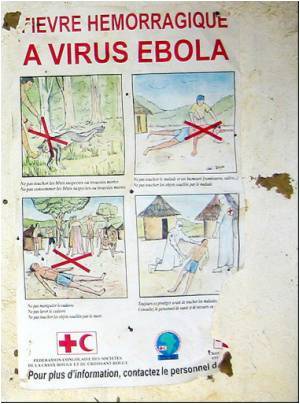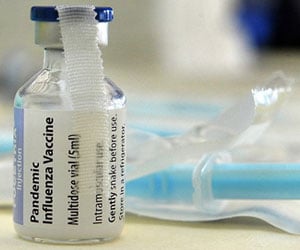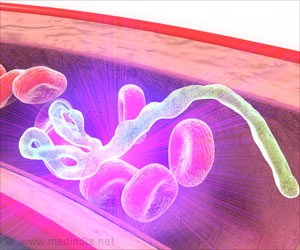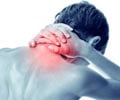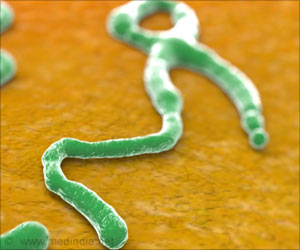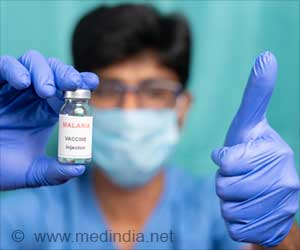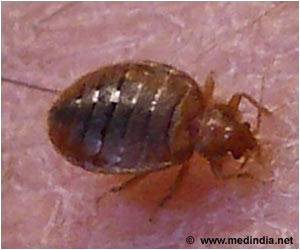The live-attenuated vaccine uses genetically engineered vesicular stomatitis virus (VSV) to carry an EBOV gene that induced protective immunity in macaques.
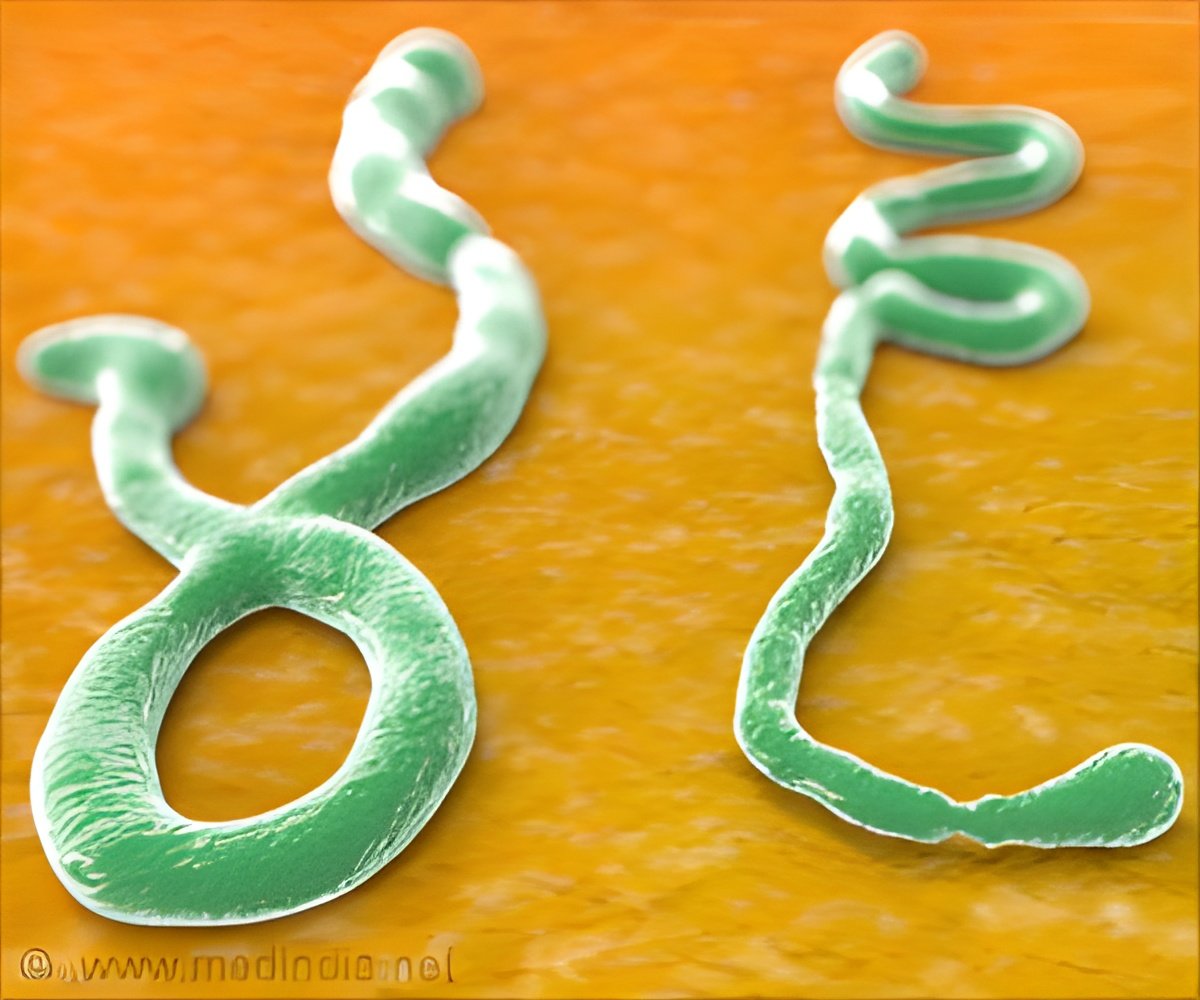
The positive results of this study further reveal the mechanisms by which an effective immune response is mounted against the Ebola virus, aspects of which have been unclear. The live-attenuated vaccine, VSV-EBOV, uses genetically engineered vesicular stomatitis virus (VSV) to carry an EBOV gene that has safely induced protective immunity in macaques, the study noted.
In the study by Andrea Marzi from US National Institutes of Health (NIH), VSV-EBOV was administered to groups of macaques 28, 21, 14, seven, or three days before infection with the current outbreak strain EBOV-Makona. No adverse effects were detectable after immunisation with the lethal dose, and the animals were then monitored for 42 days.
The control group, which was administered a vaccine known not to be effective, showed severe symptoms of Ebola and did not survive. One animal in the day-three VSV-EBOV vaccination group also did not survive, while the other two animals in this group presented mild and moderate symptoms of Ebola but eventually cleared the virus. All nine remaining animals in the day 28, 21, 14, and seven vaccination groups did not develop any clinical signs of disease.
The findings appeared in the journal Science.
Source-IANS

